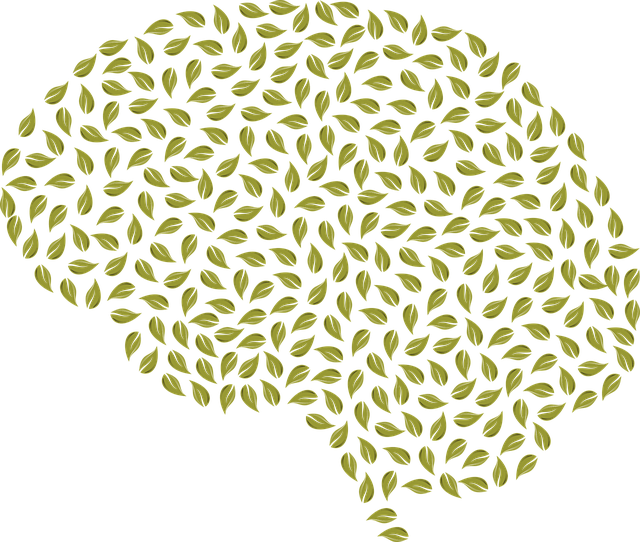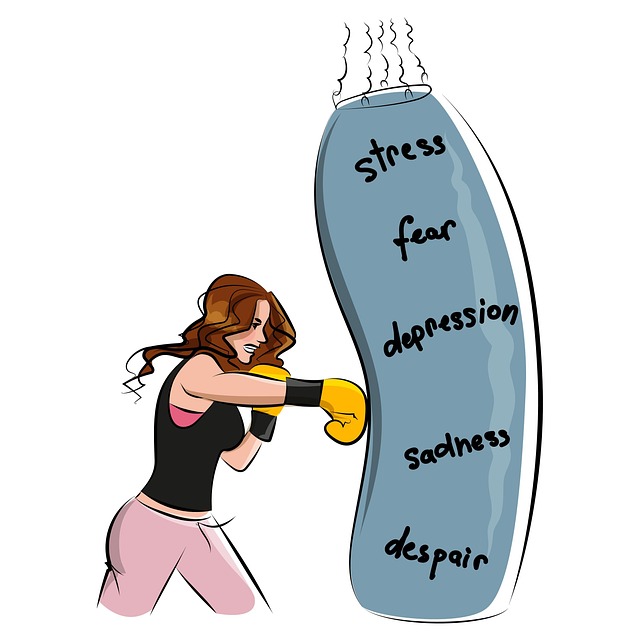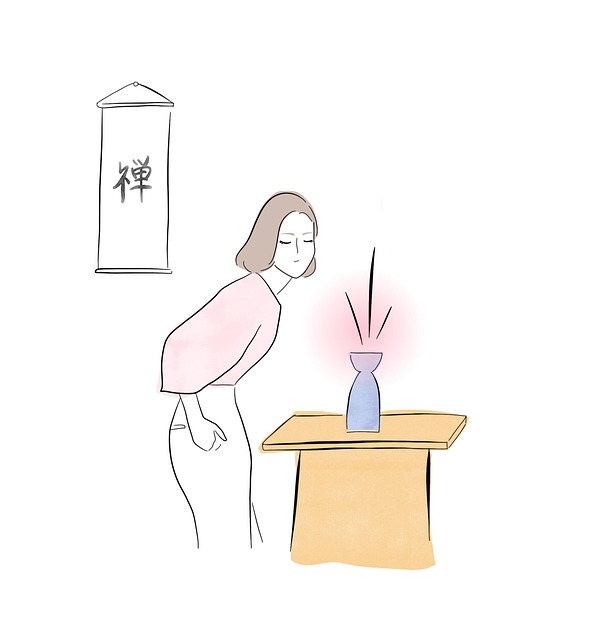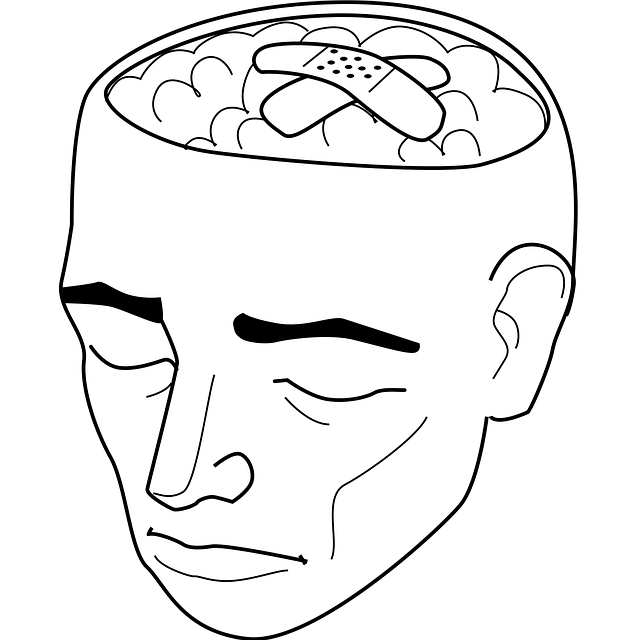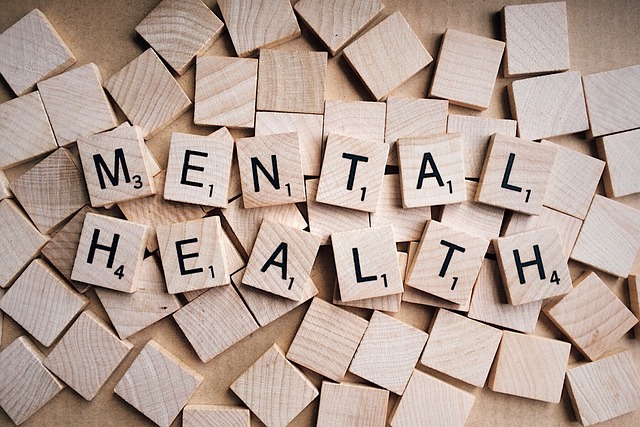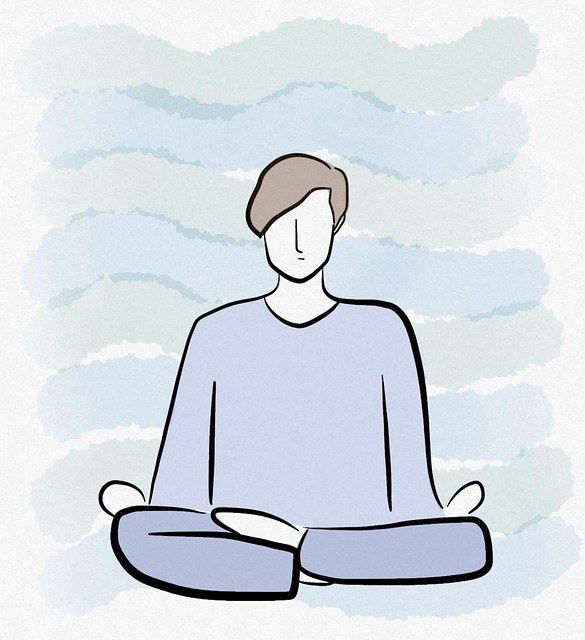Therapy and Self-Care for Young Adults with Gender Identity Issues:
For young adults dealing with gender identity challenges, therapy is a cornerstone of mental wellness. Combining therapeutic practices with self-care strategies like mindfulness, creative expression, social connections, and healthy lifestyles empowers them to manage stress, regulate emotions, and accept themselves. This proactive approach prevents depression, helps navigate societal pressures, and fosters resilience. Key self-care methods include CBT, group therapy, journaling, regular exercise, and quality sleep, all aimed at enhancing mental health and personal growth.
“Unwind, reconnect, and prioritize your well-being—it’s time to explore the transformative power of self-care. This article guides young adults on a journey towards mental health excellence. We delve into the significance of self-care in mitigating stress and fostering resilience, especially for those navigating gender identity concerns.
From understanding the essence of self-care to uncovering practical strategies, readers will gain insights into enhancing their routines. Additionally, we explore therapy options tailored for young adults with gender identity issues, offering a holistic approach to personal growth and improved mental well-being.”
- Understanding Self-Care and Its Impact on Young Adults' Mental Health
- Exploring Therapy Options for Gender Identity Concerns in Youth
- Practical Strategies to Enhance Self-Care Routines for Personal Growth
Understanding Self-Care and Its Impact on Young Adults' Mental Health

Self-care is an essential practice for young adults navigating their mental health and identity development, especially those exploring therapy for gender identity issues. It involves intentional activities that promote overall well-being and can significantly impact emotional resilience. By prioritizing self-care, young adults can enhance their ability to manage stress, regulate emotions, and foster a positive sense of self.
In the context of gender identity challenges, self-care becomes a powerful tool for depression prevention and coping skills development. Therapy sessions often emphasize the importance of understanding individual needs and incorporating activities that nurture emotional regulation. This may include practicing mindfulness, engaging in creative outlets, maintaining social connections, and adopting healthy lifestyle habits. Such self-care strategies enable young adults to build resilience against mental health struggles and foster a greater sense of control over their lives.
Exploring Therapy Options for Gender Identity Concerns in Youth

For young adults navigating their gender identity, exploring therapy options is a vital step towards fostering mental wellness. Many struggle with understanding and expressing their true selves, leading to potential emotional distress and a sense of disconnection. Therapy serves as a safe space for youth to explore these complexities, fostering self-acceptance and improving overall emotional intelligence.
The Mental Wellness Podcast Series Production highlights the growing importance of accessible resources like gender-affirming therapy. These therapeutic approaches are designed to support young adults in their journeys, providing tools for coping with societal pressures and internal conflicts related to their gender identity. By integrating self-care practices into these sessions, therapists empower individuals to prioritize their mental health and cultivate resilience.
Practical Strategies to Enhance Self-Care Routines for Personal Growth

Self-care isn’t just a trend; it’s a vital practice for fostering personal growth and overall well-being, especially for young adults navigating their identity, including those exploring gender identity. Incorporating practical strategies into daily routines can significantly enhance mental health and resilience. One effective approach is to schedule dedicated time for self-reflection and therapy. Many young adults find cognitive-behavioral therapy (CBT) beneficial in managing stress and anxiety while encouraging positive thinking patterns. Group therapy sessions, particularly those focused on gender identity and mental illness stigma reduction efforts, can offer a supportive environment, enhancing cultural sensitivity in mental healthcare practice.
Additionally, mindfulness practices such as meditation or journaling have proven effective in preventing burnout. These activities allow individuals to connect with their emotions and thoughts, fostering self-awareness. Engaging in regular exercise and prioritizing quality sleep are also essential components of a robust self-care routine. By integrating these strategies into their lives, young adults can embark on a journey of personal growth while nurturing their mental health, ultimately reducing the impact of cultural barriers or societal pressures related to gender identity and mental illness.
Self-care is a powerful tool for young adults navigating mental health challenges, especially those related to gender identity. By understanding and adopting practical strategies from therapy options like those tailored for gender identity concerns, individuals can significantly enhance their well-being. Incorporating self-care into daily routines not only promotes personal growth but also empowers young adults to manage stress, anxiety, and depression. Through a holistic approach that includes mindfulness, social connections, and professional support, one can achieve a healthier, more balanced life.
